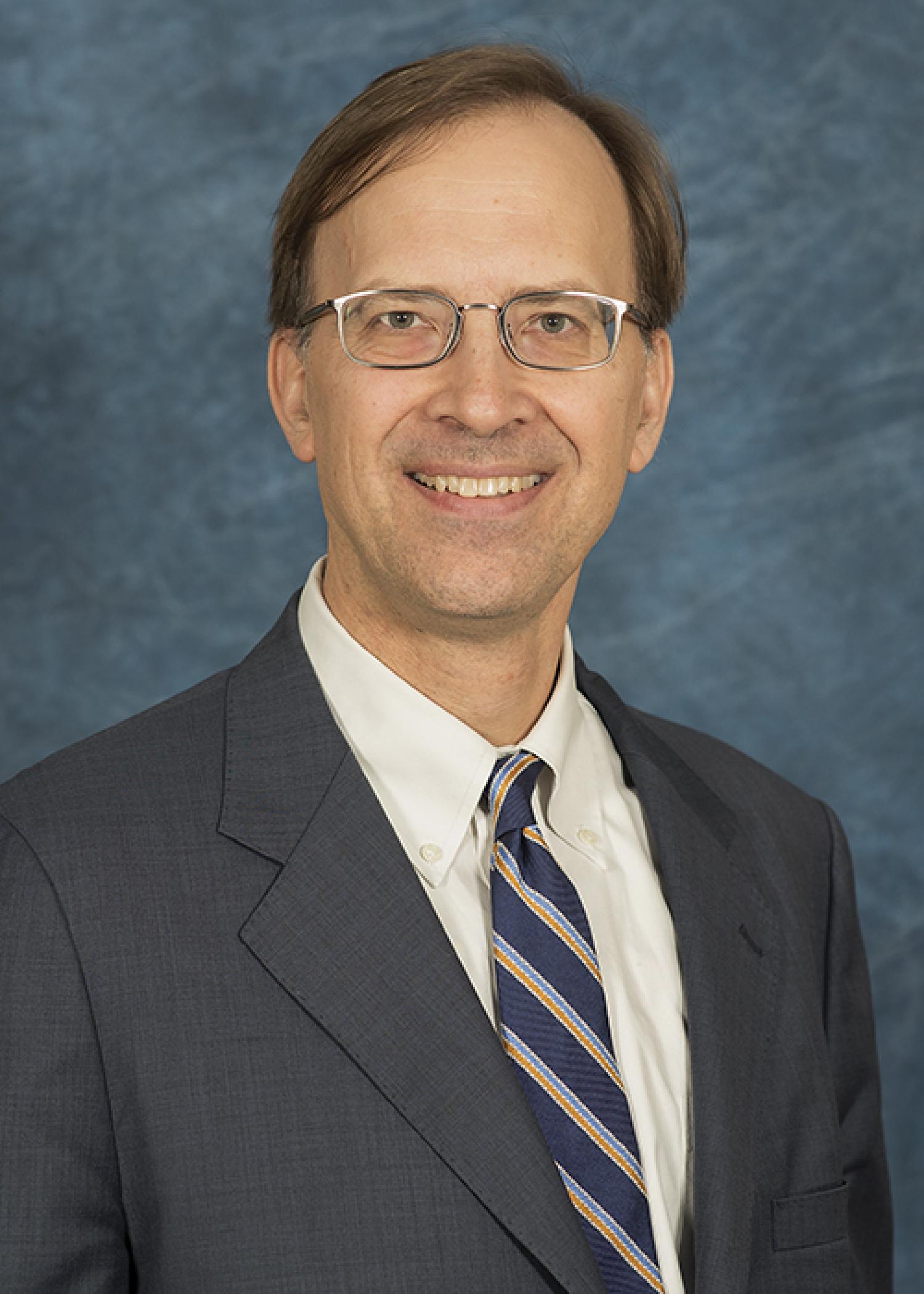Brian Domitrovic
- 2015-16 Visiting Scholar in Conservative Thought and Policy
- BENSON CENTER FOR THE STUDY OF WESTERN CIVILIZATION

The University of Colorado Boulder appointed Brian Domitrovic as the Visiting Scholar in Conservative Thought and Policy for the 2015-16 academic year. He is the third person to be appointed to the position. Domitrovic holds a Ph.D. in history from Harvard University, where he also did graduate work in the department of economics. He earned his bachelor’s degree at Columbia University, studying history and mathematics.
Steven R. Leigh, dean of the CU-Boulder College of Arts and Sciences, praised Domitrovic as a historian and economist. “He has impressive access to many primary historical materials of direct relevance to contemporary policy issues,” Leigh said. “We look forward to dynamic and productive engagement with our students, faculty and broader community.”
An associate professor and chair of the department of history at Sam Houston State University, he has written for numerous scholarly and popular publications. At CU-Boulder next fall, Domitrovic will teach an upper-division course in economics, “American Economic History,” and a lower-division course called “Great Books” in the Center for Western Civilization. Additionally, he will foster discussion by hosting public events on campus and speaking around the state. Domitrovic said the university’s Conservative Thought and Policy initiative “has brought one of this country’s great intellectual traditions to the forefront of academic discussion and consideration.”
In the classroom in the coming year, Domitrovic hopes to address vexing problems in economic thought. “For example: Is the choice really such a stark one as that between individualism and big government? For years, conservatives have held that individualism is as much a phantom as the all-knowing state,” he said.
“By all means, it is a top priority to coax the state back into a mode of smallness. But as that occurs, a process will develop whereby persons will grow in freedom out of the narrow individualism that in many respects is engendered by the soulless qualities of big government, which is individualism’s foil.”
“I hope to encourage good discussions on the very prosperous possibilities of not the ‘third way,’ but the ‘second way,’ away from the combination of big government with I’ll-get-mine individualism.”
Domitrovic also hopes to help the public recall how abundant American prosperity can be. The slow growth of the 21st century has been highly anomalous, he observed:
“We are not ourselves—something is lacking in our American identity—when a good number of us are not succeeding in the world of work and building a healthy culture of leisure from a legendary surplus. Aside from the very constitutional order itself, the greatest achievement of American civilization is its immense and widely distributed economic growth.”
He is the author of Econoclasts: the Rebels Who Sparked the Supply-Side Revolution and Restored American Prosperity.
In the coming year, he plans to publish more, “above all a book I have co-authored with Larry Kudlow of CNBC-TV, JFK and the Reagan Revolution: A Secret History of American Prosperity.”
Domitrovic describes this book as a history of the John F. Kennedy tax cut of 1964, its origin, context and influence. “It is as well a history of the wellspring of that most halcyon era of American prosperity—the post-World War II era—and an account of how government-shrinking policy has consistently proven a prerequisite to real economic growth across the decades and centuries.”
In Colorado, he hopes to convey the “vibrancy of the conservative tradition,” adding that the state has an “enviable” diversity of opinion.
“I look forward to contributing to that diversity in good-natured and substantive colloquy. I also look forward to bringing to the state some of the best representatives of the conservative tradition in the nation at large today, in the realms of economics, business, thought, culture, religion and good living.”
Domitrovic writes a weekly column at Forbes.com under the byline Past & Present. His blog is Supply-Side Economics Today. Domitrovic lives in Texas with his wife and children.
For several months, an advisory committee has worked to identify candidates for the visiting-scholar position. The committee has sought a “highly visible” scholar who is “deeply engaged in either the analytical scholarship or practice of conservative thinking and policy-making or both.”
The advisory committee includes five faculty members and five community members. Keith Maskus, economics professor of distinction at the CU-Boulder College of Arts and Sciences, chairs the committee. Non-university committee members include: David Pyle, founder and CEO of American Career College; Mike Rosen, long-time radio host on AM 850 KOA and Denver Post columnist and political commentator; Bob Greenlee, former Boulder City Council member and mayor and current president of Centennial Investment & Management Company Inc.; CU President Emeritus Hank Brown; and Earl Wright, CEO of AMG National Trust Bank.
CU faculty members on the committee include: David S. Brown, professor and chair of political science; Daniel Kaffine, associate professor of economics; Benjamin Hale, associate professor of philosophy and environmental studies; and Elizabeth Fenn, associate professor and chair of history. Maskus said Domitrovic has quickly risen to the top rank of conservative commentators on American fiscal and monetary policy. “His work on the supply-side revolution in the Reagan years is widely praised for its precision and depth. We’re really fortunate to attract Professor Domitrovic here and to have him teaching our students,” Maskus said.
The Conservative Thought and Policy Program was launched in fall 2013 with the appointment of Steven Hayward as the inaugural visiting scholar in the 2013-14 academic year. Bradley Birzer was appointed as the second scholar for 2014-15. The Visiting Scholar in Conservative Thought and Policy is a pilot program supported by private funds. More than 20 donors have raised $1 million to support the program.

